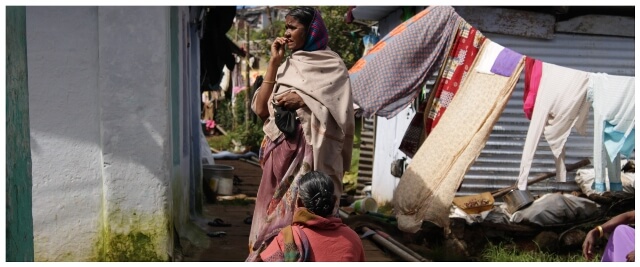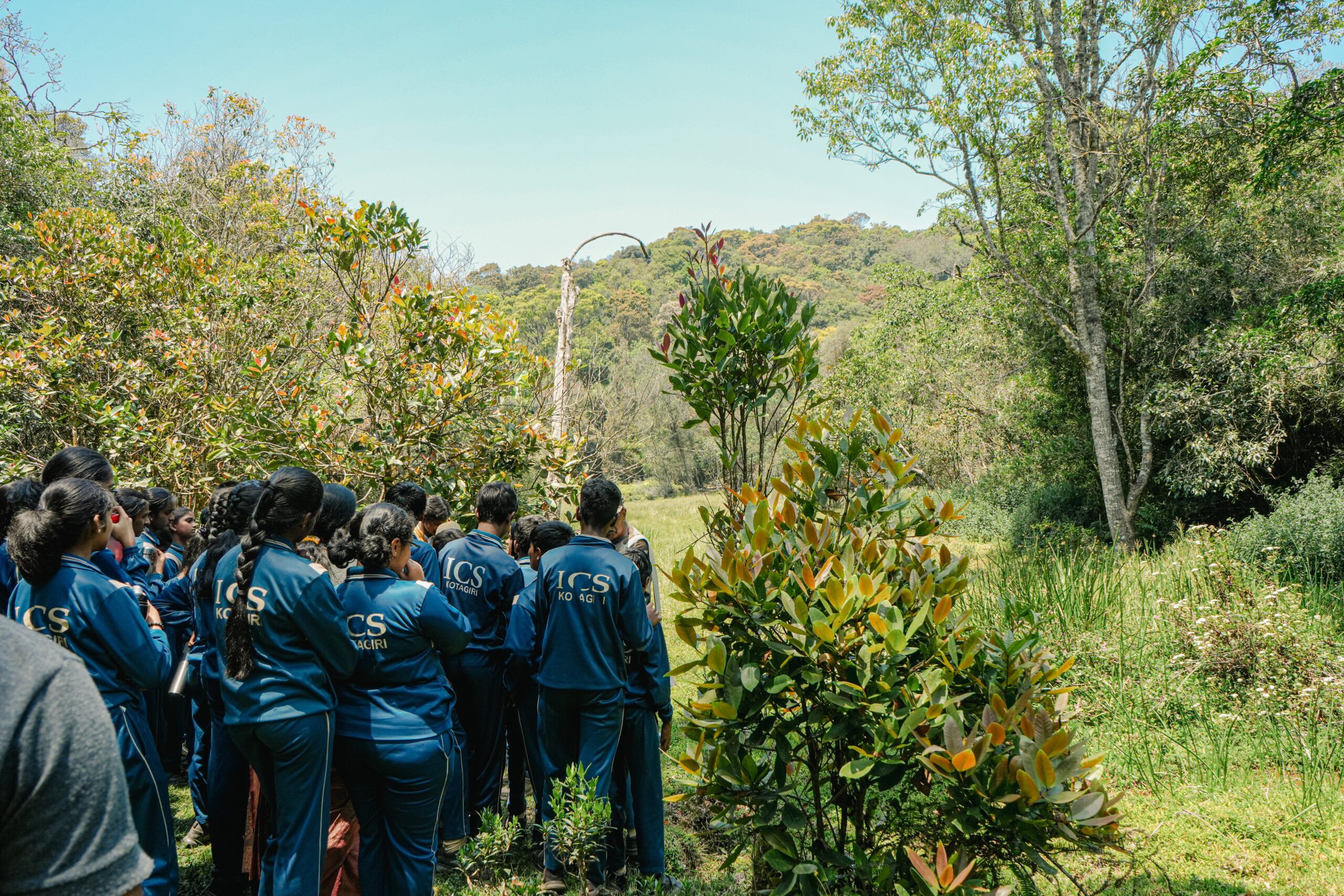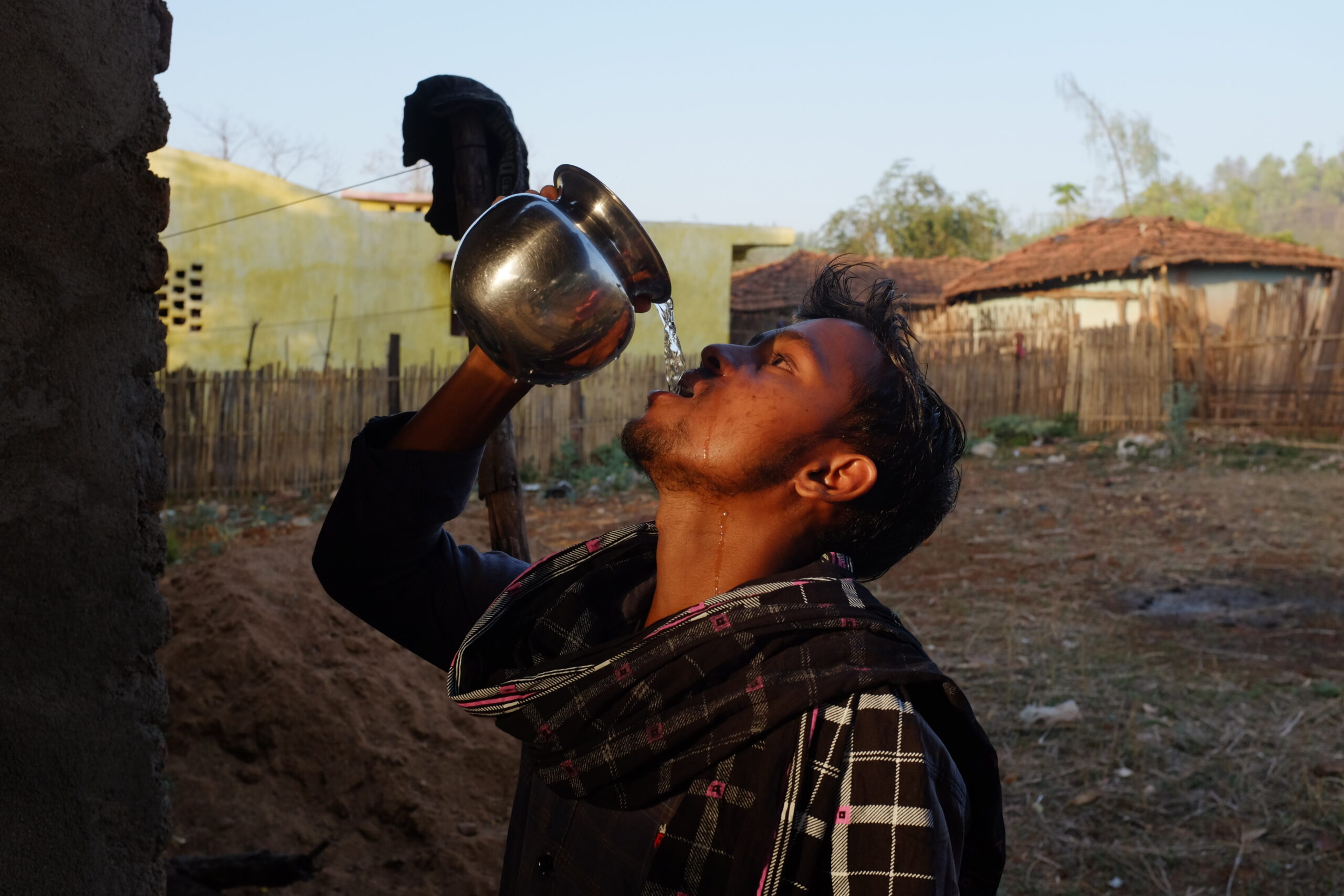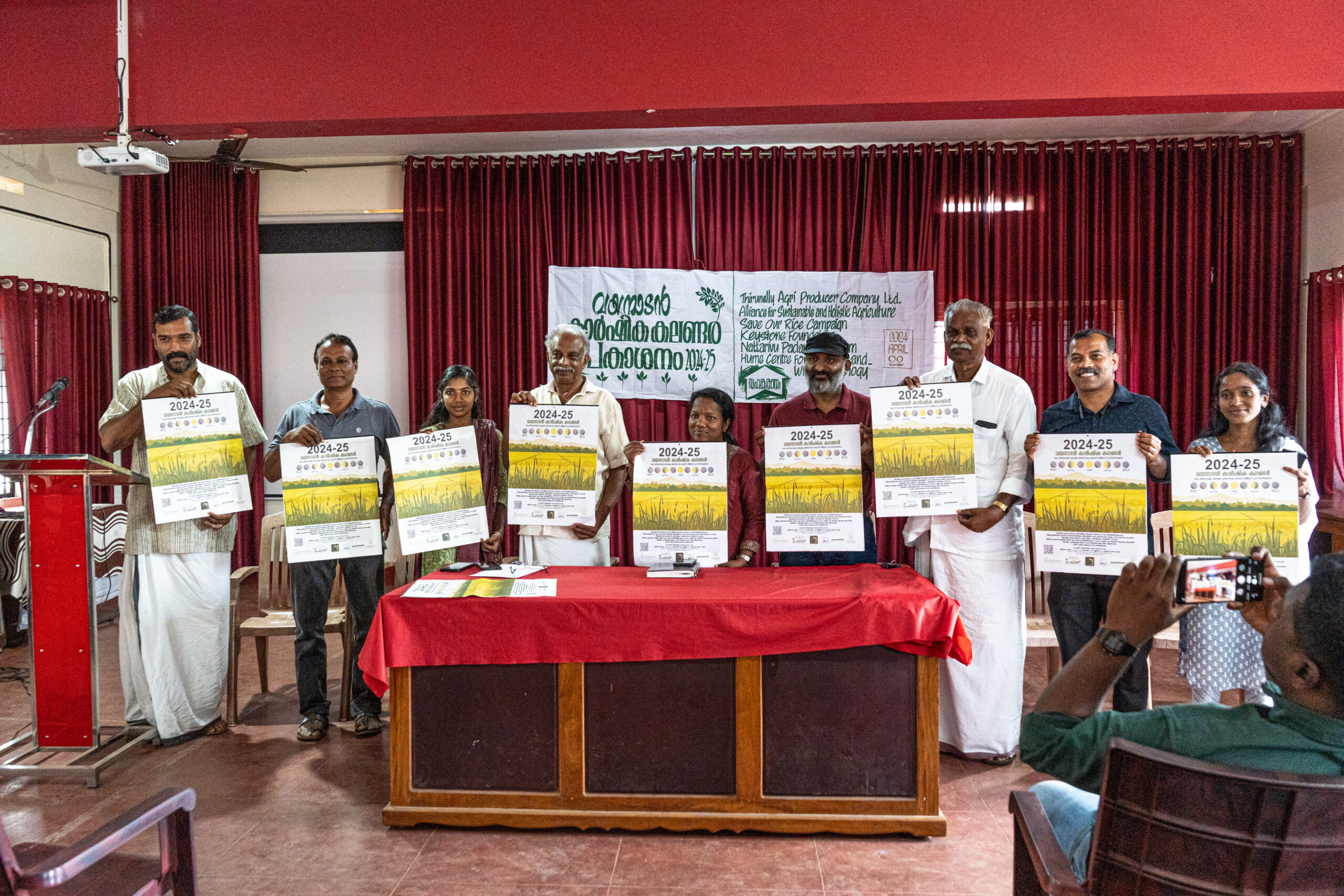The loudest mental health narrative is based on illnesses, disorders, symptoms and categorization. While this does have a purpose in a clinical context, what are its implications in the wake of this pandemic? As we see people talk about anxiety, depression , other disorders and quick remedies and techniques to counter the language of despair we also realise that the fabric of reality runs much deeper
Where are the conversations of systemic disadvantage and distress? It calls for a closer look at the booming narrative of mental health to be inclusive of marginalised communities. It definitely is a few steps forward for the mental health dialogue to be included in an otherwise ignored public health strategy, can we also not entirely pathologize the otherwise human response and look at psychosocial distress of inequality, poverty, marginalisation, discrimination to address this disadvantage.?
At the lack of food and economic security, how can we alternatively think of interventions that address this burden during the lockdown? Where homes are fragmented, abuse is prevalent, and the implications of substance misuse will be grave? Will distress helplines, organizations, policies be able to transition to better community centric interventions? The mental health field is definitely outnumbered to cover the need, but a perspective shift to be more inclusive of people in distress, and look at the systemic disadvantage in communities could be a perspective shift.
We at in the NBR are taking small steps towards holding space for communities to take the bio-medical route or more community centric initiatives to dialogue about mental health in safe spaces. Through interventions that look at food and economic security, to look at disempowerment, disadvantage and gain autonomy that addresses mental health and wellness through psycho-social distress primarily. Central to this idea is an individual’s choice to choose.
By Pavitra Vasudevan

















